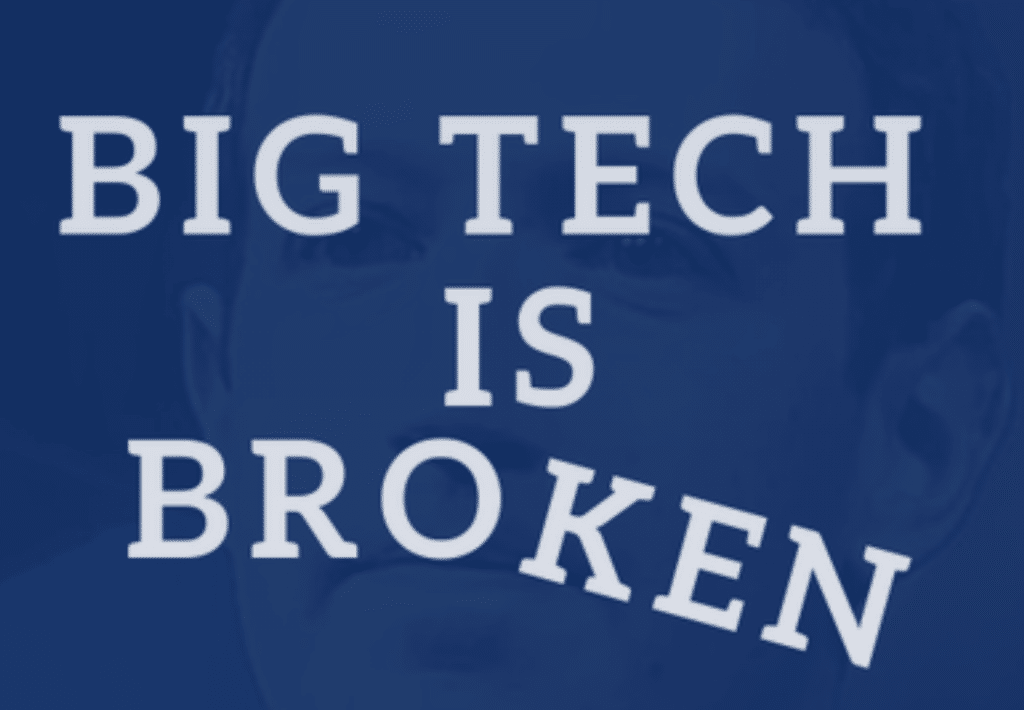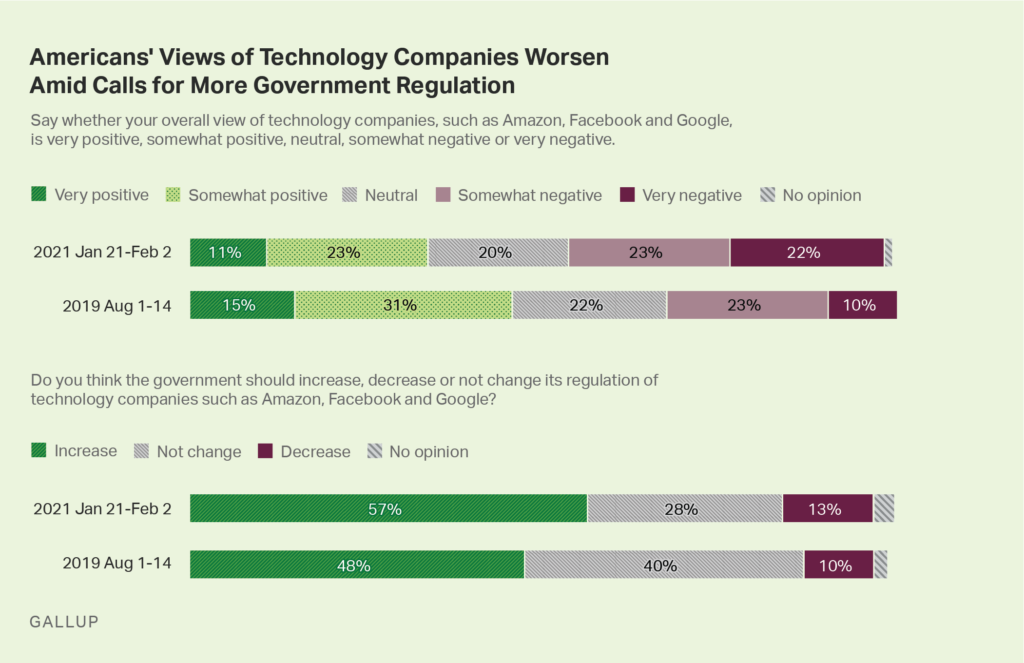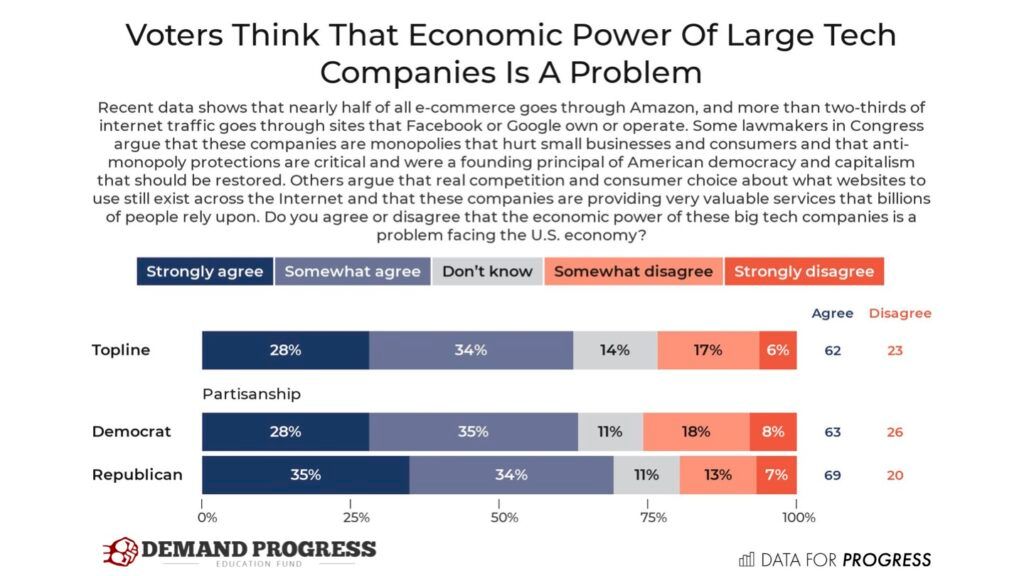Activists Move to Exploit Opening for Tech Reform in the US
Justin Hendrix / Mar 22, 2021On Thursday, the US House of Representatives Energy & Commerce Committee will host a hearing on misinformation and extremism online featuring testimony from Facebook CEO Mark Zuckerberg, Twitter CEO Jack Dorsey, and Google CEO Sundar Pichai. Sensing an opportunity to convert concerns over technology issues into reforms, some advocacy groups are launching new initiatives ahead of the hearing.
Today, a new formation of mostly progressive groups led by Accountable Tech launched a coalition under the banner "Ban Surveillance Advertising."
"Big Tech platforms amplify hate, illegal activities, and conspiracism – and feed users increasingly extreme content – because that’s what generates the most engagement and profit," says the coalition's founding letter, signed by 38 advocacy and watchdog groups, including Public Citizen, Avaaz, Fight for the Future and Demand Progress. "Their own algorithmic tools have boosted everything from white supremacist groups and Holocaust denialism to COVID-19 hoaxes, counterfeit opioids and fake cancer cures. Echo chambers, radicalization, and viral lies are features of these platforms, not bugs—central to the business model."
"It's hard to get folks from the civil rights, antitrust and privacy worlds together. There has been so much momentum since January 6th- we are excited to get folks focused on the underlying business model that drives so many of these harms," said Jesse Lehrich, co-founder of Accountable Tech.
The coalition seeks to connect to a broader global movement for tech reform. "We've engaged more with European and Canadian partners than I expected in this process," said Lehrich. In the near term, it will focus on rapid response activities and connecting with grassroots groups to mobilize citizens.
Such initiatives may be indeed find enthusiasm amongst grassroots groups, as the focus on the tech platforms gathers pace in Congress this spring.
Big Tech is Broken, an initiative by activists associated with local New York groups, including Indivisible Westchester, Indivisible New Rochelle and Westchester United, is one example. The group has launched a website that links to resources (including to Tech Policy Press) on a range of issues related to technology and democracy, noting that the business models for companies such as Facebook, YouTube and Google are "damaging our society in broader ways."
The site encourages people to email their representatives and make phone calls ahead of the March 25th hearing: "Big Tech is on the defensive, and it is time to make demands."

"I think of this very much as a first iteration- we're trying to get people to activate around the March 25th hearing." said Kim Snyder, co-lead of Indivisible New Rochelle and the founder of Big Tech is Broken. "My interest in working with activists on technology issues came from my work on disinformation. I wanted to help people be smarter consumers and avoid pitfalls on social media."
Snyder started doing training sessions in her community on issues such as how to confront disinformation ahead of the 2020 election. She says what she learned giving these sessions set the stage for this new initiative. In the sessions people persistently asked what could be done to address the problems they perceive on social media.
"The next logical step was to focus on the root causes," said Snyder. "We need to translate what experts on these issues are doing into steps citizens can take."
Polls suggest opinions of the tech firms continue to sour. A January 2021 Gallup poll, conducted just two weeks after the siege at the US Capitol, found that "the percentage of Americans who think the government should increase its regulation of technology firms has risen from 48% to 57%."

Likewise, a fall 2020 poll by Data for Progress found bipartisan support for antitrust action. The Chairman of House Judiciary Committee's antitrust panel, David Cicilline (D-RI), plans to release nearly a dozen bills aimed at policing technology firms this spring, according to Reuters.

A busy season lies ahead for activists concerned about these issues- and, no doubt, for the lobbyists and policy executives who will represent the interests of the companies.
Authors
